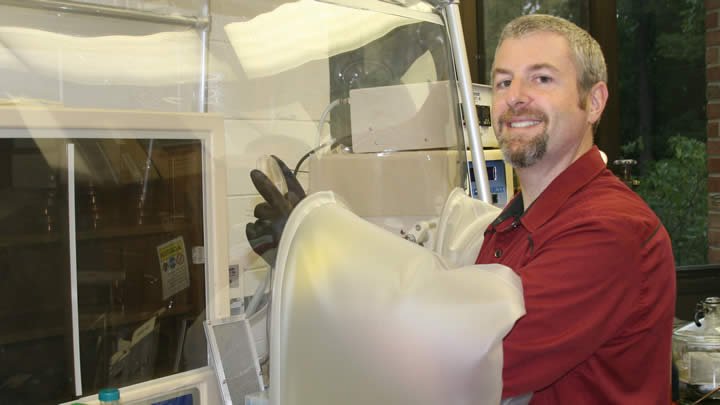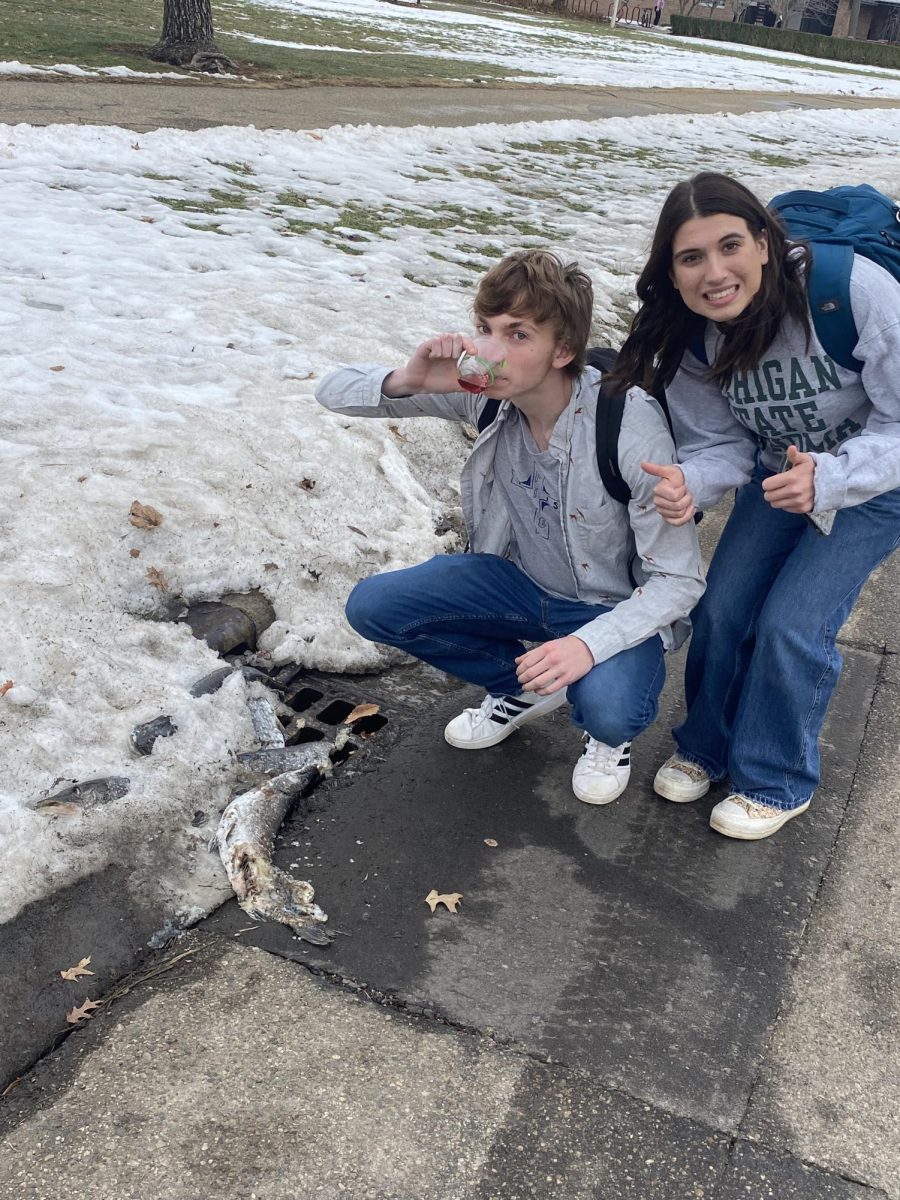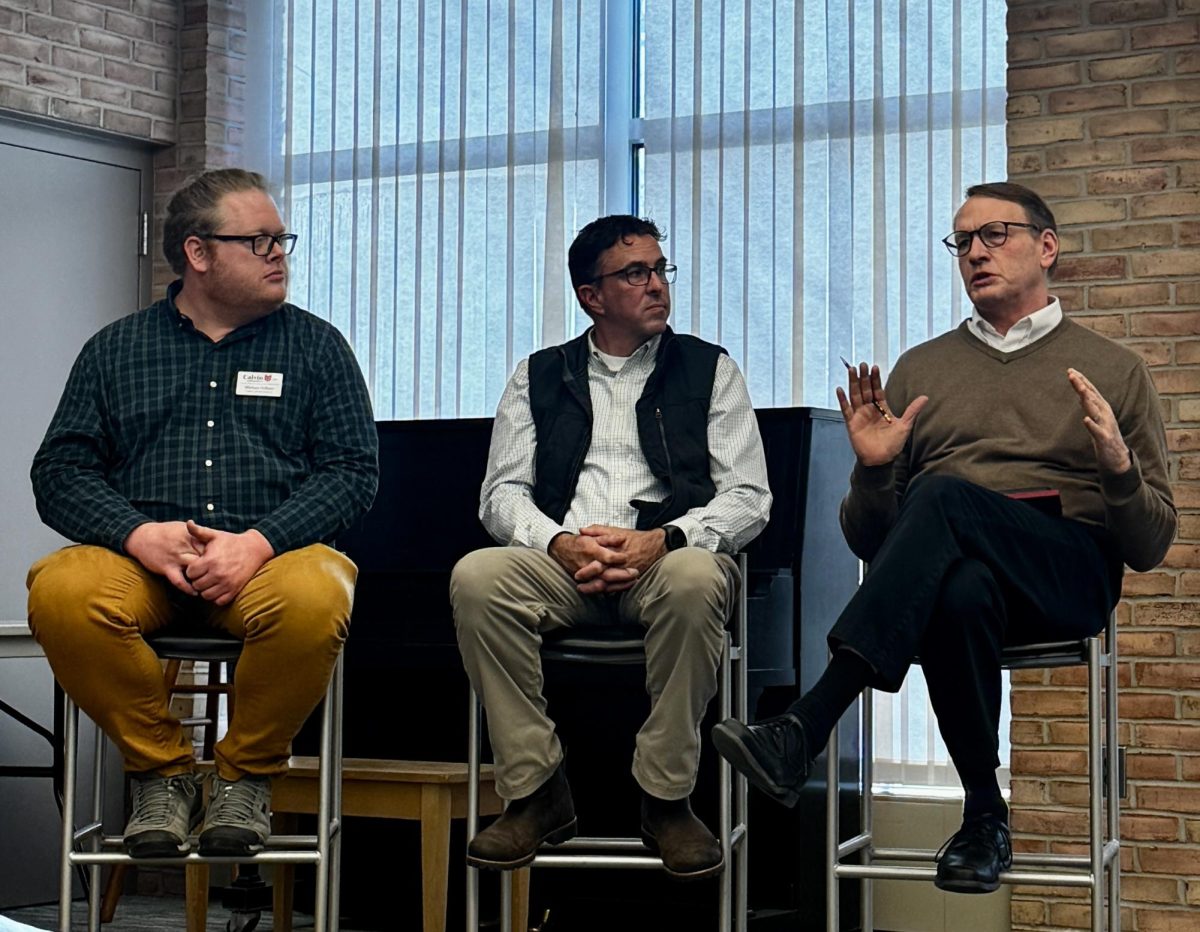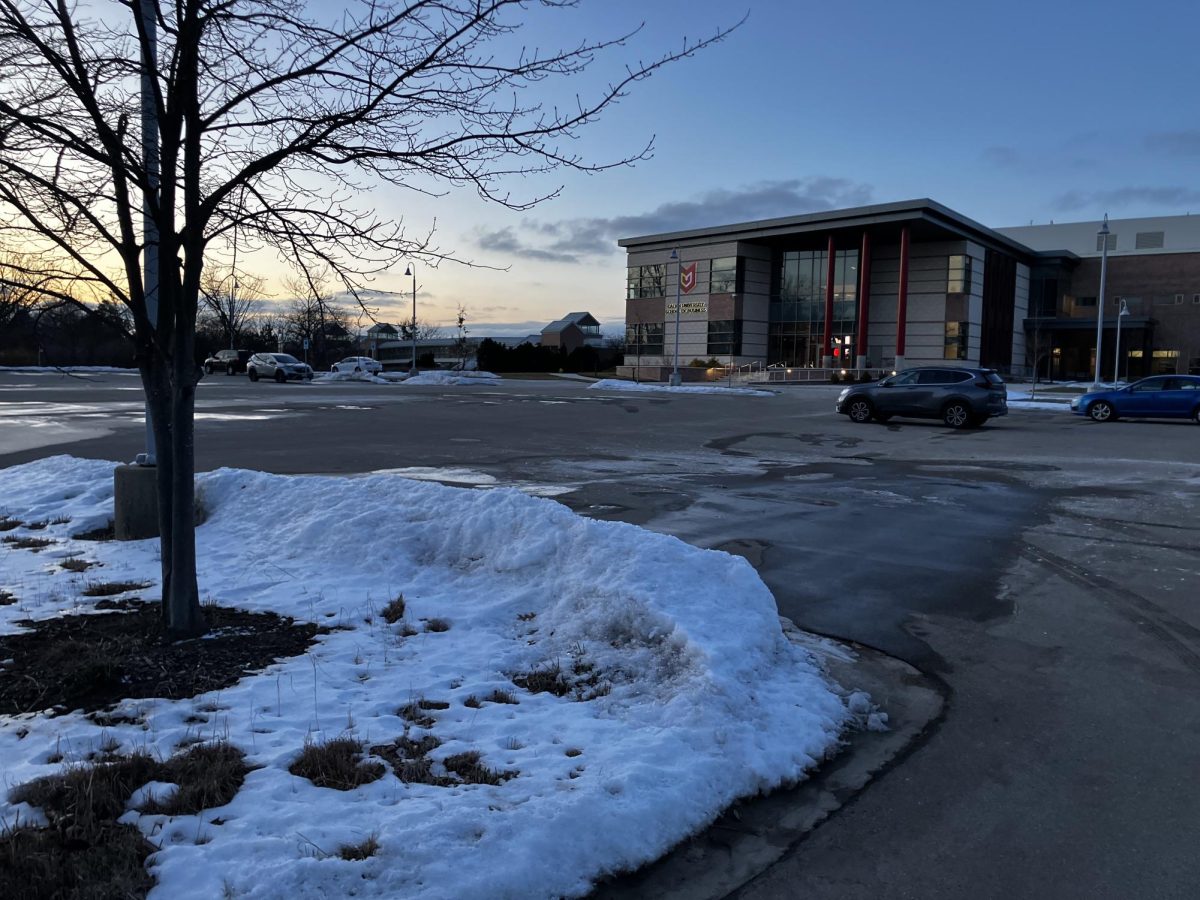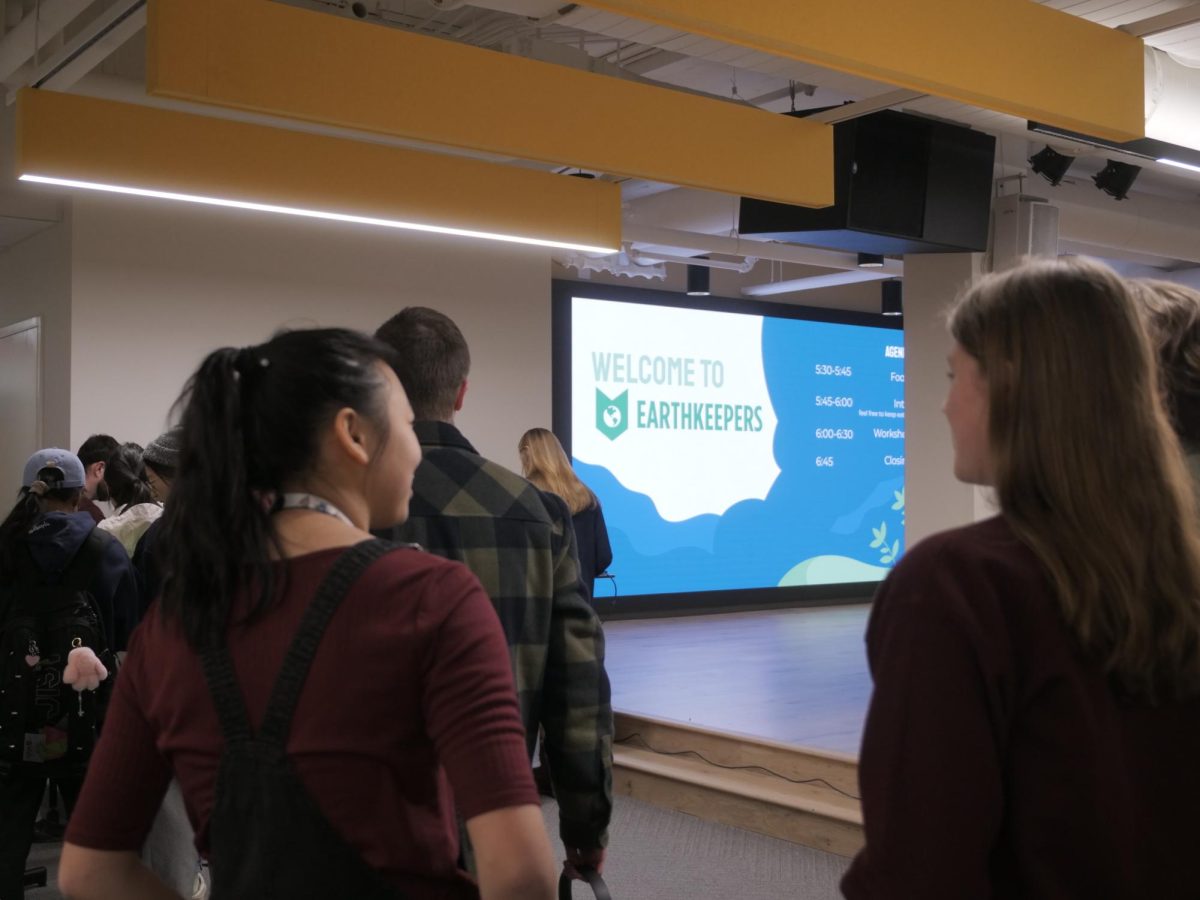Biology professor John Wertz recently received a grant for $479,000 from the National Science Foundation to study how bacteria benefit ants and vice versa.
“The grant is for studying how the ant and its gut bacteria interact in order to allow the ant to survive in a changing environment,” said Wertz.
As part of the research, Wertz will collect 117 different species of ants, remove their guts, plate the bacteria and place them in thousands of petri dishes under several conditions, such as different oxygen levels.
The plan is to do “everything possible to be able to cultivate the bacteria,” said Wertz.
The hope is that the results of this work will have far-reaching implications.
“Everything, as far as we know, is in an intimate association with bacteria. As humans, bacteria either benefits or harms us. To help understand how bacteria interacts with humans, we are choosing a simpler system: ants,” said Wertz.
It is a field of research that Wertz never imagined he would work in, much less receive such a large grant for.
“I never thought about or was interested in insect gut bacteria; I was interested in pathogens. In graduate school I had a professor who was working on termite guts. He showed me a gut and the bacteria in it,” said Wertz.
Wertz helped publish research on the termite guts and was later approached by the National Science Foundation to continue similar research on ant guts. Wertz said he has come to appreciate the challenge and excitement of keeping the bacteria cultured once it has left its host organism.
“I knew nothing about ants before this, but I dug into it and learned to appreciate the diversity,” said Wertz.
The grant will give Wertz the ability to work year-round with an undergraduate student and a graduate student. It will allow him to take research into the classroom and spend more time in the lab.
The dedication of time and resources is critical to scholarly work and research. Wertz said he is grateful for Calvin and the resources the college has provided him with.
“The dedication to providing research space and instrumentation is one of the reasons why I chose to teach here. If I need an instrument, it’s here or closely available. I have all the resources I need to conduct this research which is indispensable.”
Wertz’s faith also plays a large role in his teaching and research.
“When I come in or a student comes in and tells me that they have made a new discovery, my first thought is ‘this is awesome because before that the only other being that knew about it was God.'”
Wertz views his work as a way to bring himself and his field closer to God:
“Scholarship is very relational with God. Every new discovery points to the Creator, and the wonder of creation. We know that God is good, creation is good and this is one way I can be closer to him.”



